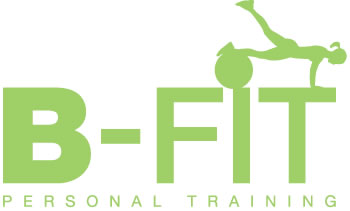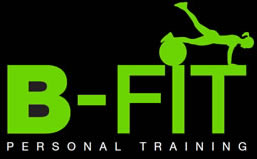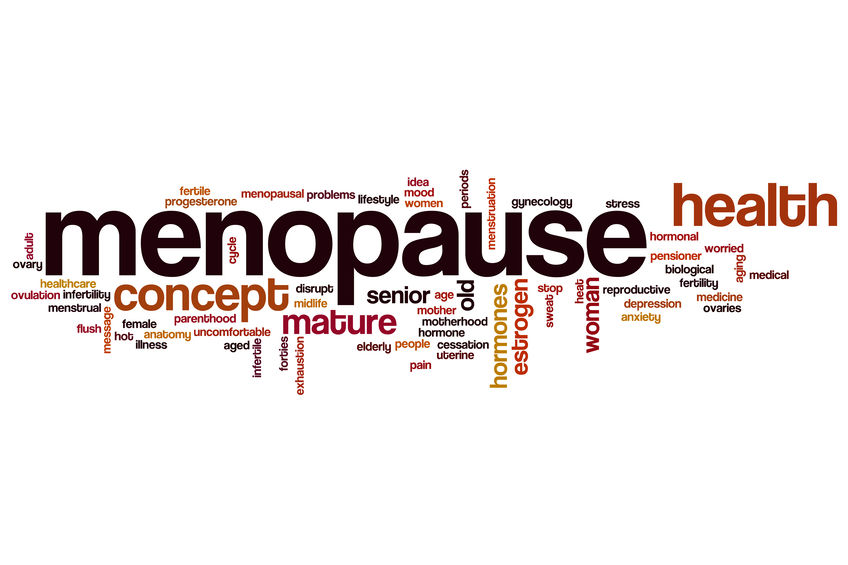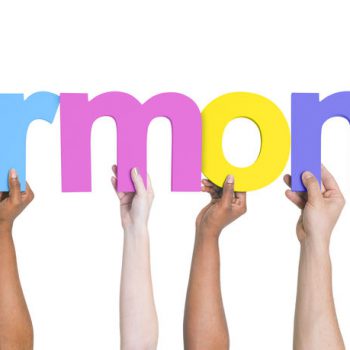Often, we talk about the foods and drinks that are good for the menopause. But what about the ones that aren’t so good?
It’s important to know what these are so we can limit or avoid known menopausal triggers.
Here’s the 7 worst culprits:
1. SUGAR & ARTIFICIAL SWEETENERS
I harp on about this one all the time. The bottom line is sugar, sugary foods, and artificial sweeteners will spike your blood sugar levels up big time.
Whilst they give you that immediate hit and satisfaction, you’ll end up feeling hungry pretty soon afterward. You then eat more to try and satisfy the hunger and cravings, and before you know it you’re into a vicious cycle i.e. the more sweet food you eat, the more sweet food you want.
Sugar and artificial sweeteners can also cause palpitations, headaches, irritability, panic attacks not to mention the dreaded weight gain.
Sugar isn’t just in the obvious things like chocolate, biscuits, and cakes but it also lurks in not so obvious places such as cereals, so-called ‘health’ bars, tinned soups and vegetables. So get into the habit of checking your labels to really understand what’s in the food you’re buying because it adds up.
In terms of artificial sweeteners, I’d avoid them at all costs. They’re so toxic and will stress your liver and can cause problems with your blood sugar control as well.
If you’ve got a little bit of a sweet tooth, then a couple of Medjool dates or a couple of squares of good quality dark chocolate will help alot. The great thing is because they’re very nutritionally dense, they pack a big punch for such a tiny bit of food that it’s hard to overeat on them.
2. SATURATED FATS
Excessive saturated fat in your diet will not only contribute to weight gain but could also make you more vulnerable to heart disease. During the menopause, oestrogen is dropping and this, in turn, makes you more vulnerable to heart disease and heart attacks.
Try and reduce high-fat meats especially processed meats such as bacon, sausages, pies, etc as well as full-fat dairy, and other processed foods that contain high fat.
In terms of alternatives look into lean meats and milk alternatives such as almond milk, oat milk, or coconut milk.
3. CAFFEINE
Hands down this is the number one enemy of the menopause. It causes so many problems. Caffeine spikes your blood sugar and it stimulates your central nervous system. Yes, it may give you that lift you want in the morning but also bare in mind it can also give you headaches, palpitations, anxiety, panic attacks and also start the sweet craving merry go round. It can also exacerbate the dreaded night sweats too!
My advice is to monitor how it effects you so you can ascertain how caffeine sensitive you are. If it’s an issue you’re going to have to bite the bullet and try and reduce it down or at least ensure you have it before 12 pm.
Lastly, be mindful that caffeine is also in other drinks such as fizzy drinks, energy drinks, and tea. Try substituting with herbal teas. Green tea is good but it does contain a little bit of caffeine but not as much as your normal tea and coffee.
4. SALT
Believe it or not, high-salt foods can rev up your central nervous system, and cause palpitations, headaches, anxiety, panic attacks, hot flushes and night sweats. Salt will also dehydrate you and dehydration is behind a lot of menopausal symptoms.
Try to keep your salt intake down. Foods high in salt include processed foods, ready meals, processed meats like bacon and sausages and even in cereals!
So, again, if you’re not sure read your labels. If it’s near the top of the list, then you know the amount per serving is going to be quite high.
Lastly, try putting less salt on food at the table as well as using less salt when cooking and baking.
5. SPICY FOODS
Spicy foods also spike your nervous system and cause hot flushes and sweats. If you’re sensitive to these sorts of foods, they’re really best avoided.
It’s difficult to give you a substitute here. It’s all about you learning your personal signals. If you go out and have a spicy meal and end up with a flush, sweat, or palpitations, then this is something you need to maybe avoid in the future.
6. REFINED CARBOHYDRATES
Refined carbohydrates are largely white-flour foods e.g. white bread, biscuits, pastries, white rice, white pasta, and many cereals.
They spike your blood sugar and often are high in sugar and salt. As mentioned earlier, you will find that you get hungry quickly after these sorts of foods.
In terms of a good cereal for breakfast, porridge is the best. I do not mean the oats you get in packets with added sugars and flavourings but instead plain porridge oats.
Porridge is very filling and will sustain you throughout the day. Simply cook them with something like almond milk or water and then sprinkle on top nuts/seeds. This is a solid breakfast that’s going to keep your blood sugar stable and you satisfied for a long time.
7. ALCOHOL
During menopause some women find they can’t tolerate alcohol as well as before. Even after a couple of glasses they’ve a headache or feel ill. This can be due to the fact that your liver is already under stress going through the menopause, and it literally can’t cope with any extra pressure that you’re giving it from alcohol.
Depending on what you’re drinking, alcohol can affect blood sugar levels which in turn can give you flushes and palpitations.
It’s hard to give you many alternatives here as many low-alcohol drinks tend to be laden with chemicals, caffeine, sugars, and artificial sweeteners. Then there’s fruit juices but they’re also high in sugars. You could try a simple carbonated mineral water with a squeeze of lemon, or lime for added taste.
Another option is Kombucha which I love. You can buy it from Ocado, Waitrose or health shops. It’s a fermented herbal tea and is excellent for gut health and increases good bacteria. It’s kind of like a fruity fizzy drink. Word of warning though, read your labels as certain brands add sugars!
If you’re adamant you want alcohol from time to time choose organic and preferably red wine. A lot of the cheaper wines have lots of chemicals in them. It may well be the chemicals you’re reacting to and not necessarily the alcohol itself. It’s certainly worth testing.
So, there you have it, the seven worst foods and drinks that can really effect you during the menopause.
Other troublesome foods to be mindful of are wheat and dairy. Some women find that they start to react more to these during menopause. Wheat, especially, can bloat you and cause constipation, cramping, and wind.
Also, make sure you check out these other menopause blogs I wrote a while back:
FOODS THAT ARE PROVEN TO HELP THE MENOPAUSE
MY TOP 11 SUPPLEMENTS THAT HELP THE MENOPAUSE
MENOPAUSE FRIENDLY RECIPES
Like you, I slip up on my health at times and writing this blog has been a good reminder for me too!!! If you’ve any tips or advice you’d like to share, I’d love to hear from you.
Love Gaynor x




